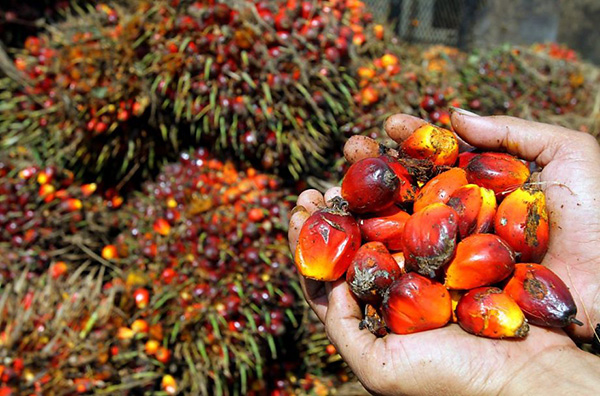
Malaysia is in talks with oil companies about moving the start of its B10 biodiesel mandate to July, a month later from an earlier plan to begin the programme in June, aiming to complete full implementation of the new standard by August. — AFP photo
KUALA LUMPUR: Malaysia is in talks with oil companies about moving the start of its B10 biodiesel mandate to July, a month later from an earlier plan to begin the programme in June, aiming to complete full implementation of the new standard by August.
This takes into account time needed for oil companies to reset blending ratios and procure enough palm methyl ester (PME), said the ministry of plantation industries and commodities in an email reply to Reuters, referring to the bio component of biodiesel that comes from palm oil.
Malaysia, the world’s second largest palm oil producer after Indonesia, had earlier said it would raise Malaysia’s biodiesel mandate to 10 percent for the transport sector and to seven per cent for the industrial sector beginning in June. Related Quotes
The new standard would raise the minimum bio content of biodiesel from the current seven per cent, taking up more palm oil supplies and supporting local prices.
Blending to the new standards is expected to consume 709,000 tonnes of palm oil annually versus estimates of 500,000 tonnes used under the current biodiesel mandate.
“The implementation of both B10 and B7 programmes requires coordination and cooperation from all petroleum companies, including Petronas, Shell, Chevron, Petron and BHP,” said the ministry in its e-mail.
State-owned Petronas, Royal Dutch Shell, Chevron, Petron and BHP are responsible for blending diesel with PME at 35 blending depots throughout Malaysia, according to the ministry.
Current facilities at the depots are able to handle blending of up to 10 percent, the ministry said, as the infrastructure had been designed to take into account the upgrading of the biodiesel mandate.
“The petroleum companies only need to reset the blending ratios to B10 and B7 respectively,” the statement said.
Construction of the blending facilities was funded by the government through the Malaysian Palm Oil Board (MPOB).
Palm oil traders, plantation companies and analysts had earlier questioned the feasibility of the government’s B10 programme, citing low crude oil prices and weak implementation policies as barriers to the mandate’s effectiveness.
Malaysia has 18 biodiesel plants in operation with 2.3 million tonnes in annual capacity, the plantations and commodities ministry said.
The biodiesel programme will help stabilise palm oil prices, and the government will as well look for other strategies to support prices, such as accelerating re-planting activities, the ministry said.
Benchmark palm oil prices have lost more than seven per cent so far this month on weaker export demand and as output is forecast to see a seasonal rise over the next few months, contributing to higher stockpiles. — Reuters
